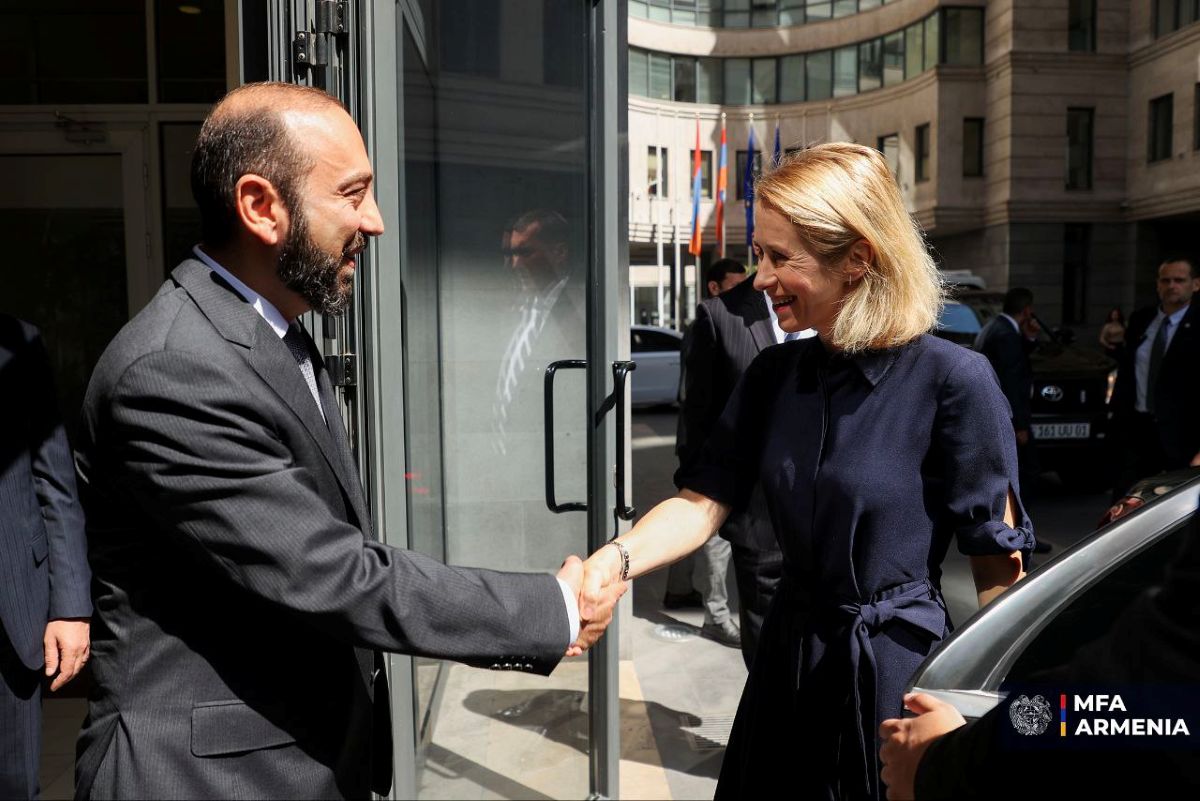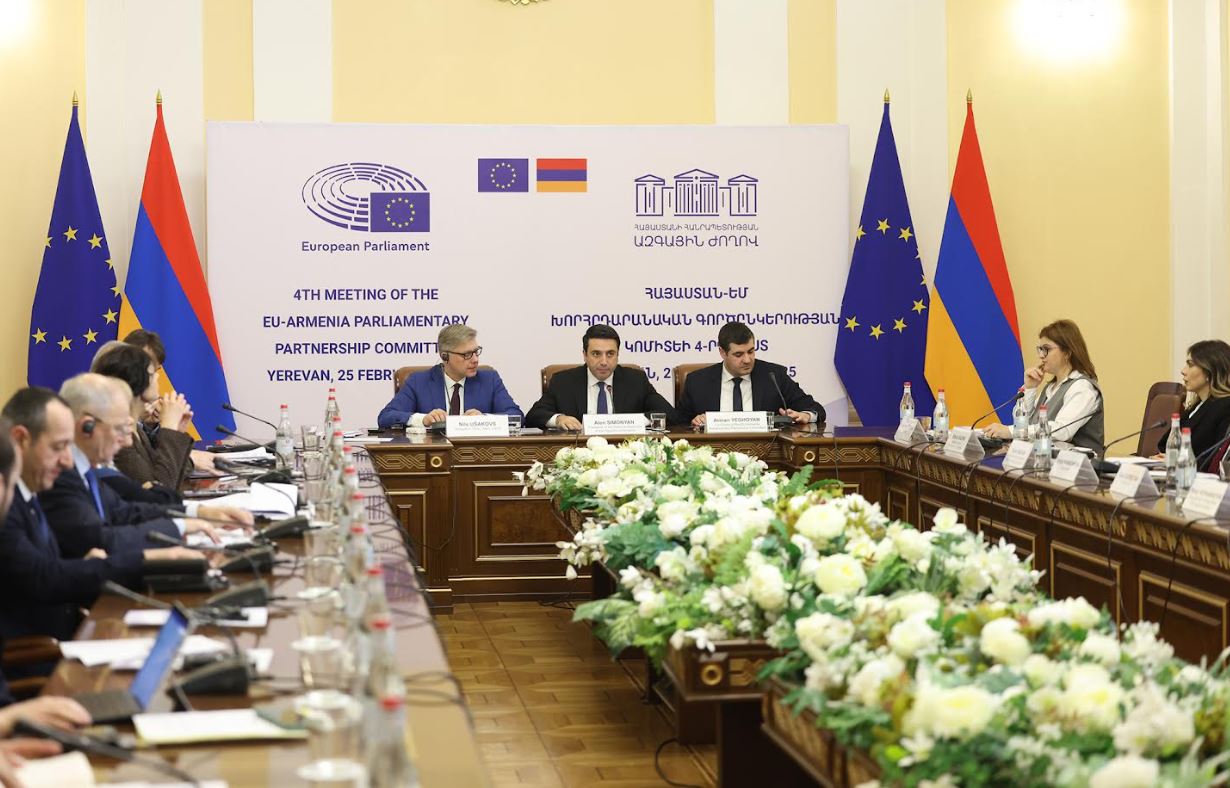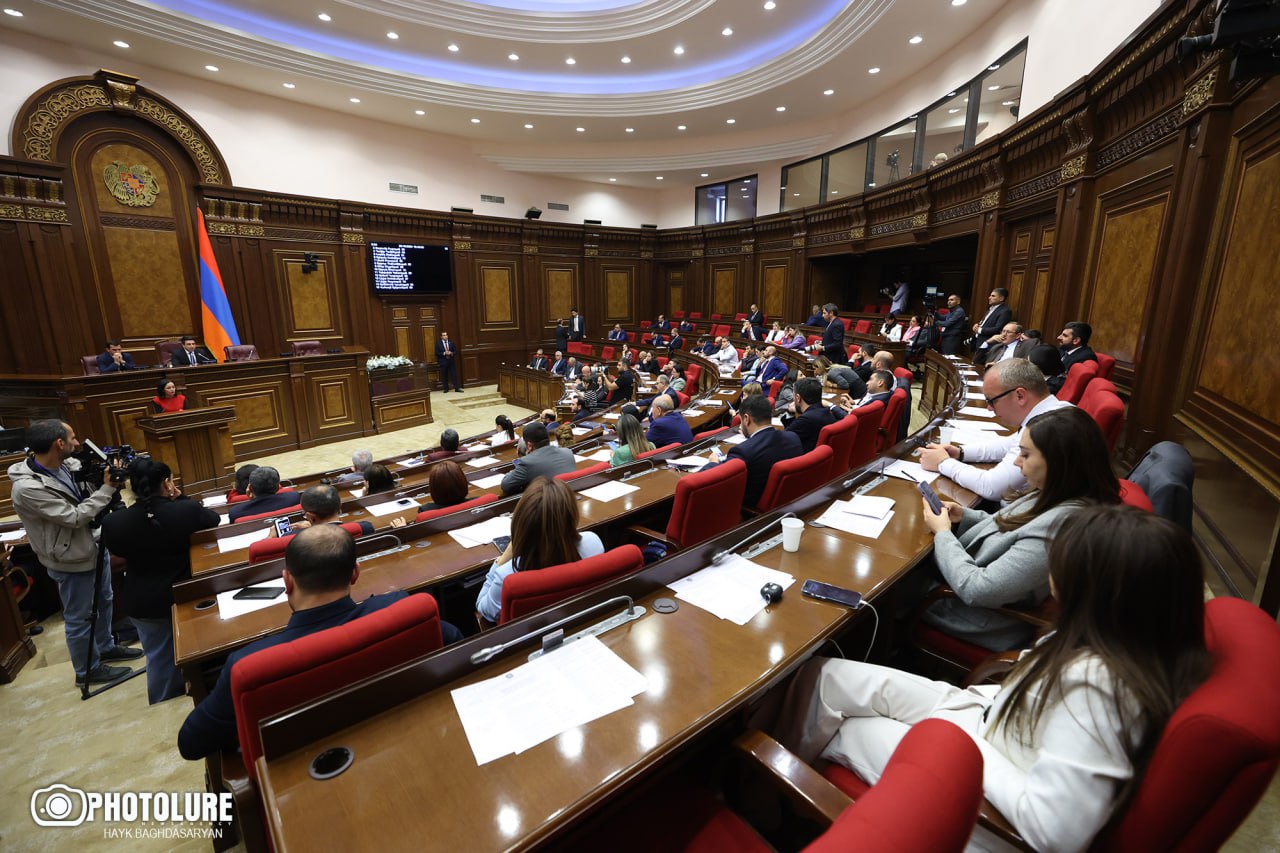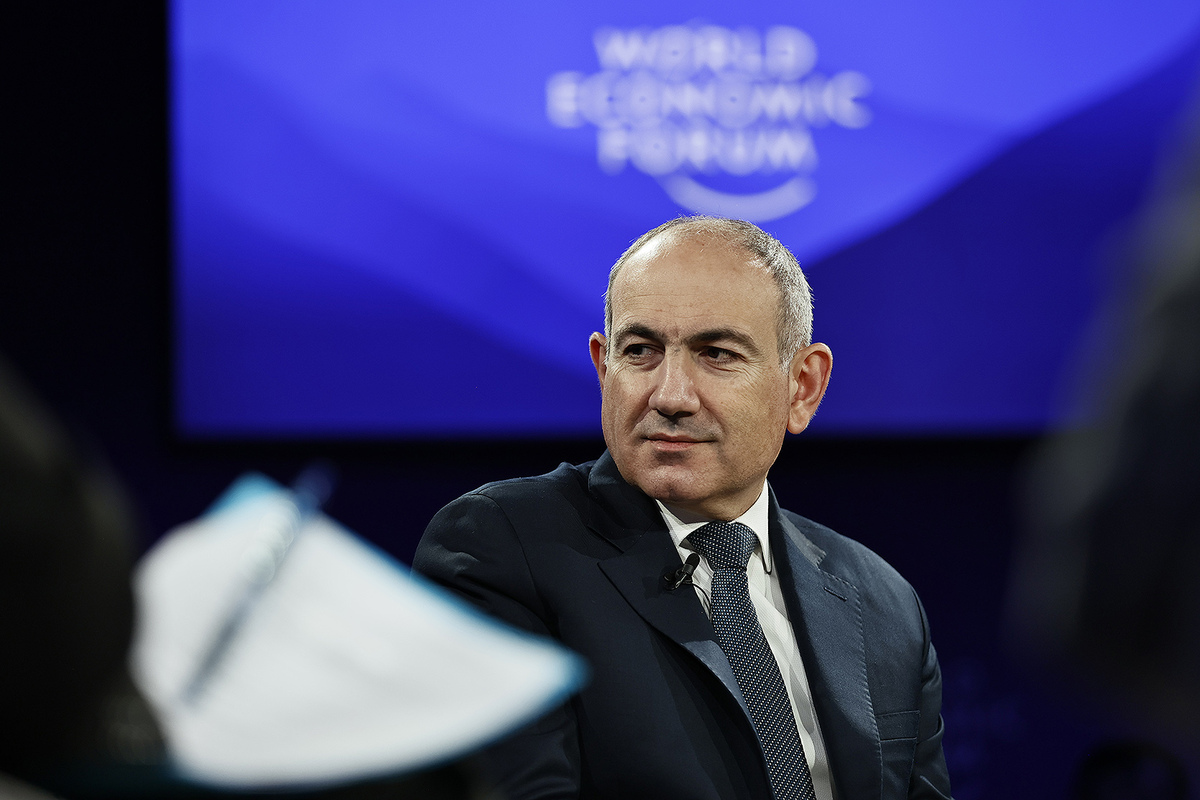EU investments in Armenia to reach €2.5 billion: meeting in Brussels
EU investments in Armenia
Armenian Prime Minister Nikol Pashinyan is on a working visit to Brussels. He has already met with President of the European Council António Costa and President of the European Commission Ursula von der Leyen.
According to the communiqué adopted following the meeting, the EU and Armenia “reaffirmed their deepening partnership.”
Within this framework, EU investments in Armenia are expected to reach up to €2.5 billion. This concerns Armenia’s participation in the “Global Gateway” strategy.
In addition, the joint statement notes that “to support Armenia’s information ecosystem,” the EU will allocate €1.5 million to strengthen independent media.
Pashinyan commented on the meeting on social media. On his Facebook page, he wrote that a “productive and substantive discussion” took place with his European colleagues.
Everything known about the negotiations in Brussels, as well as commentary from the chair of the European Party of Armenia, Tigran Khzmalyan. He believes that the EU expects more decisive steps from the Armenian authorities towards the West.
- “Baku weighing U.S. proposal”: Pashinyan-Aliyev talks in Abu Dhabi
- “Armenia could lose control over unblocked transport routes”: Opinion from Yerevan
- Zangezur Corridor through Armenia back in the spotlight: US plan and Azerbaijan-Russia tensions
The new EU-Armenia partnership agenda is welcomed
“President Costa and President von der Leyen welcomed Armenia’s ambitious reform agenda and expressed their support for Armenia’s sovereignty, territorial integrity, and democratic reforms. The leaders welcomed the recent political agreement on the text of the EU-Armenia New Partnership Agenda, a key milestone in their shared commitment to deepening ties,” the communiqué states.
The participants also noted progress in the visa liberalisation process. The statement “welcomes” the Armenian parliament’s adoption of the law “On initiating the process of the Republic of Armenia’s accession to the EU.”
EU will continue to provide financial support to Armenia
The EUR 270 million Resilience and Growth Plan, announced in April 2024, boosted EU funding to Armenia by 50%. With EUR 200 million in grant assistance and EUR 70 million in grant funding to leverage investments, it continues to support Armenia’s socio-economic reform agenda, closer sectoral cooperation, and investments in energy, transport, and the private sector,” European partners stated.
They reaffirmed their commitment to support Armenia’s resilience and development “through substantial financial and technical assistance.”
“Crossroads of peace” and regional cooperation
EU representatives also addressed the Armenian government’s proposal to unblock regional communications:
“EU reaffirmed its support for Armenia’s Crossroads of Peace initiative, to promote regional connectivity and reconciliation.“
António Costa and Ursula von der Leyen particularly highlighted Armenia’s efforts to establish stability in the South Caucasus. They welcomed the Armenian government’s readiness for peace talks with Azerbaijan and the normalisation of relations with Turkey.
“The leaders also underlined the importance of the possibility to include Armenia’s in the European Union’s regional and economic initiatives, particularly within the framework of the Black Sea Strategy,” the communiqué said.
European partners thanked Armenia for its close cooperation and the steps it has taken to prevent sanctions circumvention. They agreed with the Armenian prime minister to continue joint efforts in this direction.
Armenia-EU security cooperation
Security cooperation was also discussed during the Brussels meeting. Participants welcomed the launch of EU-Armenia consultations on security and defence matters, stressing their “shared commitment to peace, stability, and democratic resilience”.
“Addressing a range of security concerns, including foreign information manipulation and interference, disinformation, and cyber threats, the EU proposed to work together with Armenia to assess its needs, identify priority areas for cooperation, and leverage available EU instruments,” the joint statement said.
EU Commissioner for Enlargement to visit Armenia soon
Prime Minister Pashinyan also met with EU Commissioner for Enlargement Marta Kos. According to the prime minister’s office, they discussed programmes being implemented in Armenia using EU financial tools. Pashinyan underlined the importance of EU support for:
- Armenia’s economic diversification,
- transport and infrastructure development,
- expanding the capabilities of small and medium-sized businesses,
- introducing EU standards.
“Reference was made to the programs implemented by the Armenian Government to address the social problems of people forcibly displaced from Nagorno-Karabakh. Prime Minister Pashinyan highlighted the importance of the international community’s continued support in this direction,” read a post-meeting statement shared with media.
Marta Kos expressed the EU’s support for Armenia’s ambitious democratic reform agenda and stated her intention to visit Armenia soon “for more detailed discussions on joint programmes and initiatives”.
Comment
Chairman of the European Party of Armenia, Tigran Khzmalyan, believes that “the EU is trying to get answers from Pashinyan” — which, in his view, was the main purpose behind the Armenian prime minister’s visit to Brussels:
“Aliyev is backed by Turkey, the entire Islamic world, the Arab world, and Pakistan, whereas Armenia is backed by no one.
Armenia has lost its former allies [referring to Russia and members of the CSTO], who turned out not to be allies at all, but enemies. And over these 7 years, it hasn’t acquired any new ones. That is precisely why Europe is calling on Armenia.
The logic is simple — almost like a law of physics: when something disappears from a space, something else fills it. Which country is filling this region in Russia’s absence? Turkey.
Why have we [pro-Western political forces] insisted for years that Armenia should become a member of the EU? Because we know that, just as it was 100 years ago, Russia will inevitably be pushed out as a result of geopolitical processes.
Who can fill that vacuum in terms of power, economy, military, and political-military presence? Obviously, Turkey will be the primary candidate — unless Armenia joins the Euro-Atlantic alliance. And that is what’s happening now.
But a hundred days after the law [on initiating Armenia’s EU accession process] was passed by the National Assembly, Armenian authorities declared their intention to join not the EU, but the Shanghai Cooperation Organisation.
António Costa and Ursula von der Leyen invited Pashinyan to clarify: we sent Kaja Kallas [the EU’s High Representative for Foreign Affairs and Security Policy]. You welcomed her warmly. But two days later, your foreign minister travelled to Beijing and spoke about Armenia joining the Shanghai bloc.
Now you want to talk to Turkey and Azerbaijan only in a bilateral format. Who will support you? What makes you so sure you won’t be wiped out? That question is in the air. And even if European diplomats don’t ask it openly, we [local pro-Western political forces] are obligated to.”
Follow us – Twitter | Facebook | Instagram
EU investments in Armenia






















